Nestlé tackles sustainable packaging solutions
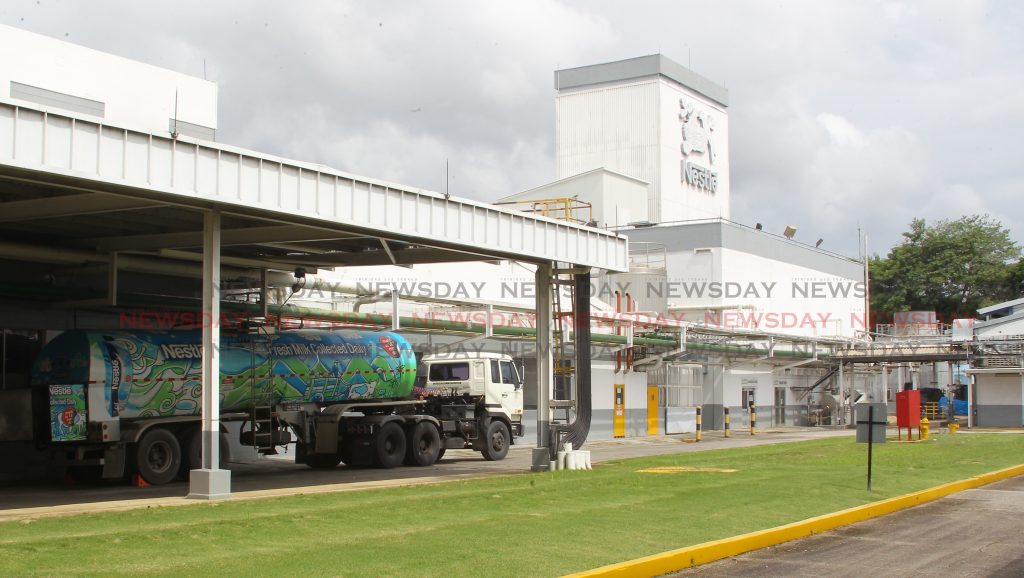
Nestlé, the world’s biggest food processor, has made a commitment to make all its packaging 100 per cent reusable or recyclable by 2025. The Swiss-based company made the ambitious announcement in a globally streamed press conference on Monday.
Executive vice president and head of operations Magdi Batato said sustainability is deeply rooted in the company’s values and an integral part of its business strategy.
“Sustainable packaging plays an integral role in preserving the integrity and safety of our food. At the same time, plastic pollution continues to be a major issue worldwide. As the urgency of these challenges grow…we understand the unique role a company our size can play in ushering change on issues of sustainability that impact the entire planet,” he said.
Currently, 87 per cent of all of Nestlé’s packaging is recyclable or reusable, including 66 per cent of all its plastic packaging. “So, the journey from 66 per to 100 per cent is not impossible. It is difficult but it is not impossible,” Batato said.
The company was committed to championing innovation and drive progress, he said. Last year, Nestlé opened its Institute of Packaging Science in Lausanne, Switzerland, the first of its kind in the industry. He said there were 50 experts working on research in key areas to bring functional, safe and environmentally-friendly packaging solutions to the market. Food safety was paramount to the company, he said.
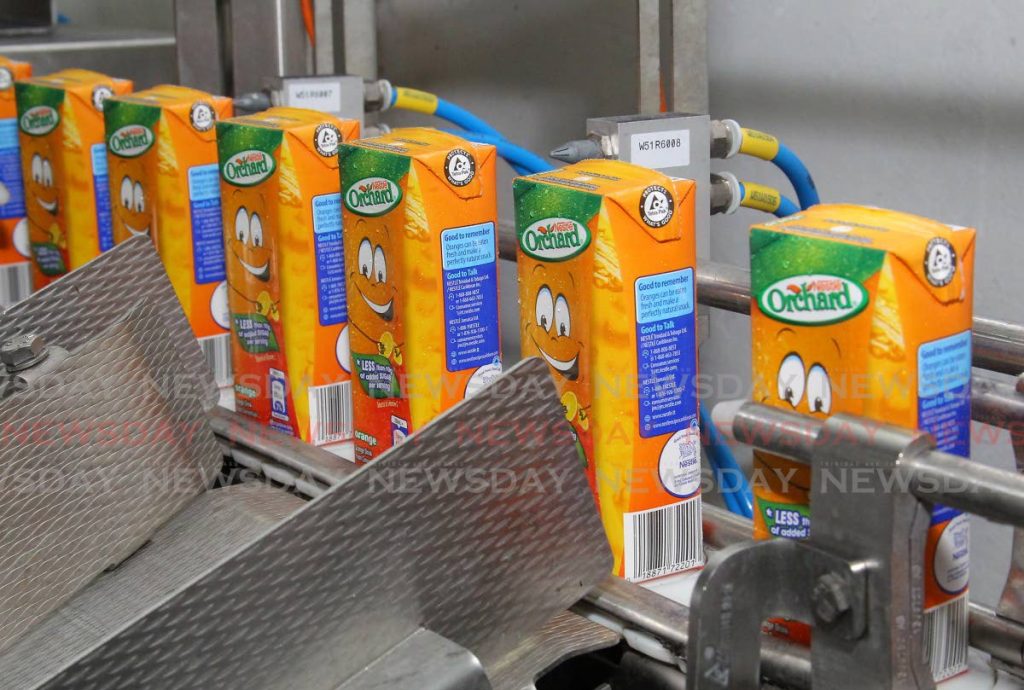
Globally, the company has already started innovating with its packaging. In the US, it has committed a US$30 million investment to increase food grade recyclable plastics. In Chile, pet food is sold via a refillable system, in France, Maggi bouillon cubes are wrapped in a first-of-its-kind recyclable paper packaging, and in the UK, Smarties comes in recyclable paper packs.
In August 2020, Nestlé Philippines reached plastic neutrality, where the company collected and co-processed the equivalent amount of plastic as contained in the products sold. The company is also encouraging entrepreneurial innovation with its creating shared value prize, which launches September 30. In partnership with the non-profit organisation Ashoka, the Nestlé CSV Prize will award 250,000 Swiss francs (US$274,000) in grants for system change innovations in areas such as alternative delivery systems and ground-up solutions to tackle plastic waste.
Caribbean conversion: TT and Jamaica
Nestlé has a major presence in the Caribbean, with factories in TT and Jamaica and regional operations in the region are already within the company’s transformation sphere. In an emailed response to Business Day, Nestlé TT outlined the company’s sustainability programme so far.
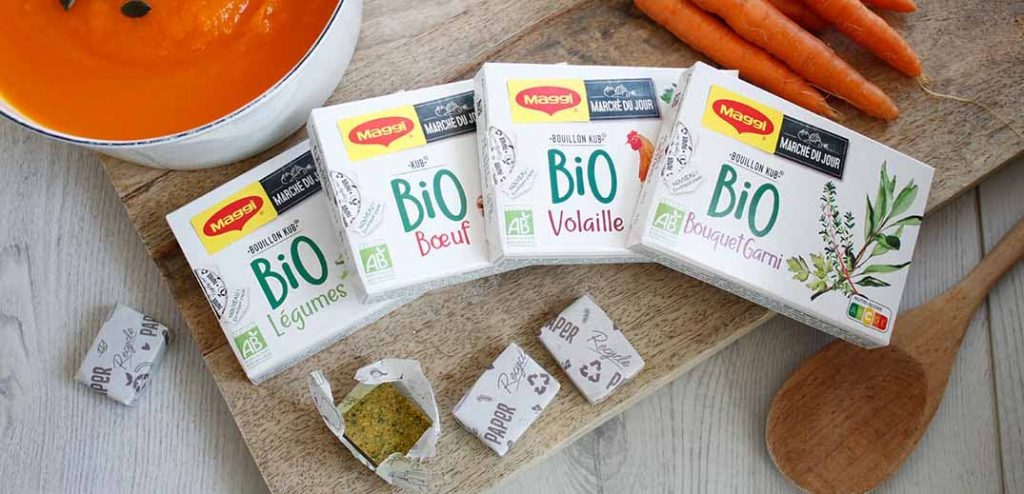
Nestlé TT manufactures products in Tetra Pak packaging (made of paper, aluminium and plastic) at its Valsayn factory. “Our Tetra Pak is 100 per cent designed for recycling. We recognise that the plastics straws pose a litter and pollution hazard, and we will eliminate plastic straws from our products using alternative material and innovative designs,” the company said. It will also invest in waste management infrastructure, Taking an active role in developing well-functioning collection, sorting and recycling schemes and working collaboratively with industry, government, civil society and consumers. The company said it has already started doing this with key local partners. It’s also raising awareness, informing consumers about the right way to dispose and recycles its packaging.
Internally, the company has also started reducing packaging material during shipping and marketing, and these small changes have had big impacts. Over the last year, the company was able to eliminate the use of shrink-film from product cases delivered to PriceSmart, a plastic reduction of 2.6 tonnes annually. It also replaced barcode stickers with water-soluble ink, reducing packaging waste associated with post-production of the stickers. Using two sheets of cardboard instead of three reduced use by 11.2 tonnes annually; and reducing the thickness of shrink film by just three micrometres on two factory lines will reduce use by 2.9 tonnes annually. The company also eliminated single-use plastics that can’t be recycled from its Valsayn campus, including switching containers and cutlery to compostable alternatives.
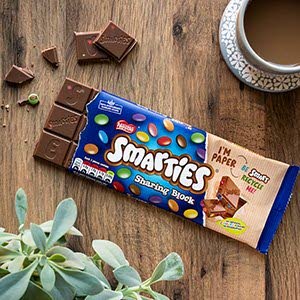
Across the region, the company has taken strides in sustainability. In Jamaica, the company achieved zero waste to landfill and is on track for achieving this in Trinidad by 2021. Part of this in internal recycling programmes. Its solar project in Jamaica will ultimately offset up to 40 per cent of Nestlé Jamaica’s load from the utility grid. The estimated indirect benefits from this will amount to a reduction of 1,290,000 kilograms of carbon emissions. In 2019, staff in Jamaica and Trinidad removed 12,712 pounds of waste from beach clean-ups.
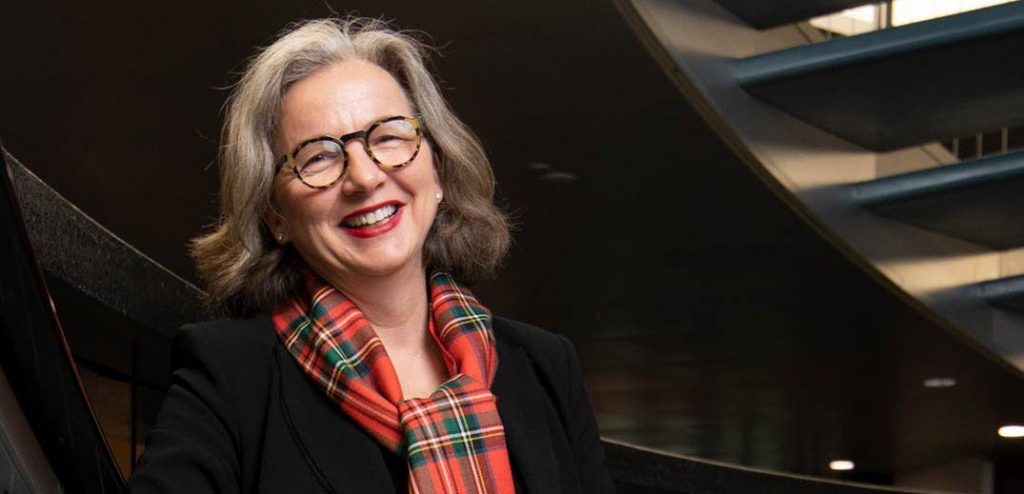
Nestlé is the biggest food and nutrition company in the world, providing a bit over one billion servings per day. The company said it understood its role as a global leader to engender transformative change in sustainability. In a statement, Véronique Cremades-Mathis, global head of sustainable packaging at Nestlé, said, "We have made strides in our transformative journey towards a waste-free future, but we know that we have more work to do. As the world's largest food and beverage company, we're committed to putting our size and scale to work to tackle the packaging waste problem everywhere that we operate."

Comments
"Nestlé tackles sustainable packaging solutions"